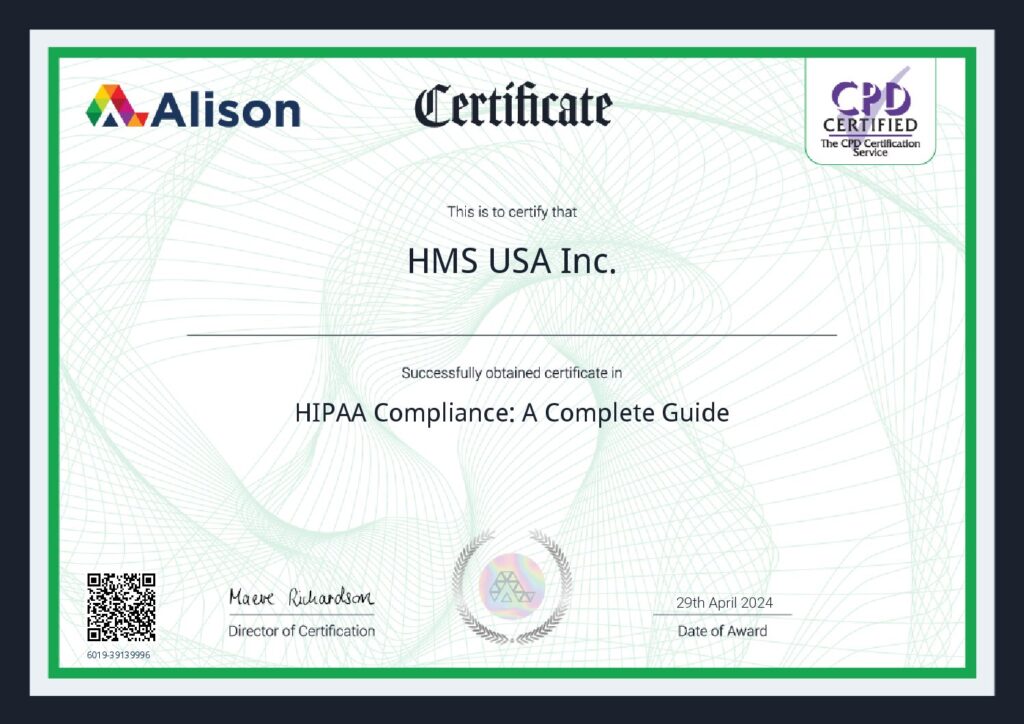Running a medical practice in 2026 is harder than ever. Lower reimbursements, changing insurance rules, staff shortages, and strict regulations make managing money and billing very challenging. Medical billing experts can help. They handle the
Behavioral health practices often struggle with billing. Coding rules change often, documentation requirements are strict, and insurance companies deny claims more frequently than in many other specialties. Even small billing mistakes can delay payments,
Medical billing is getting tougher for small healthcare practices. Constant coding updates, changing payer rules, claim denials, and strict compliance requirements can quickly overwhelm providers and pull focus away from patient care. Heading into 2026,
HIPAA compliance in medical billing means keeping patient information safe while handling insurance claims, payments, and billing records. Billing involves sensitive information like patient names, medical conditions, insurance details, and payment data. HIPAA rules
Running a medical practice in 2026 is harder than ever. Insurance rules change constantly, reimbursements are tighter, and even a small billing mistake can mean denied claims, delayed payments, and endless paperwork. The result?
Medical practices today face many billing challenges, including complex insurance rules, frequent coding changes, and stricter payment policies. Handling billing in-house takes a lot of time and often leads to mistakes, which can strain
Choosing the right medical billing partner is an important decision. It affects how much revenue your practice collects, how well you stay compliant, and how smoothly your operations run. Accurate billing, fast claim submission,
Medical billing in the USA has become harder to manage in 2026. Healthcare practices now face frequent insurance rule changes, stricter compliance requirements, and more paperwork than ever. Older billing methods simply don’t work
Submitting clean medical claims is crucial to keep your revenue cycle flowing and payments on time. Even minor claim errors can lead to severe delays or lost revenue. But not all claim issues are
Even a small coding mistake can interrupt your orthodontic reimbursement process. ICD-10 codes for orthodontics play a critical role in linking the patient’s diagnosis, like malocclusion or jaw misalignment, to the medical necessity of











